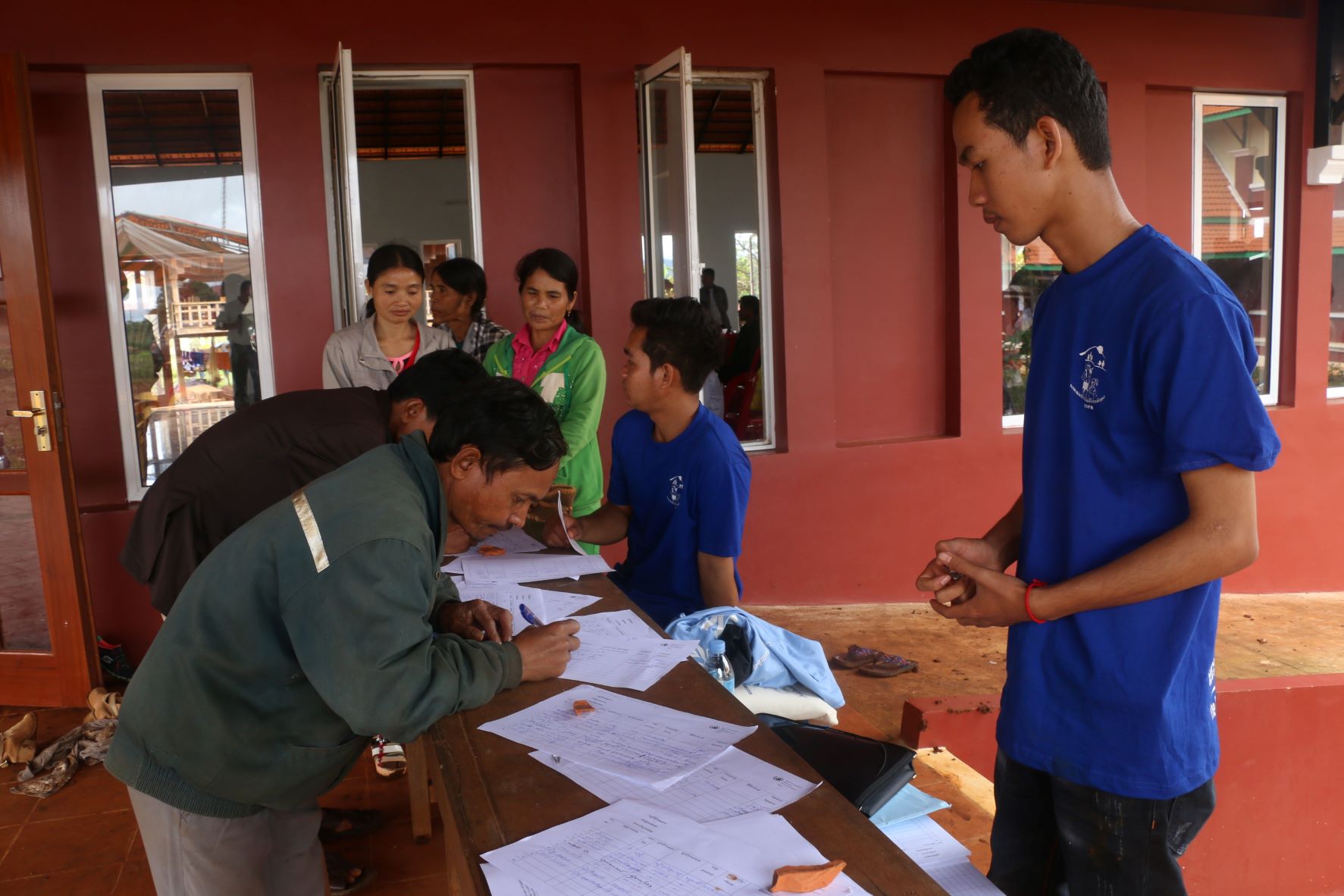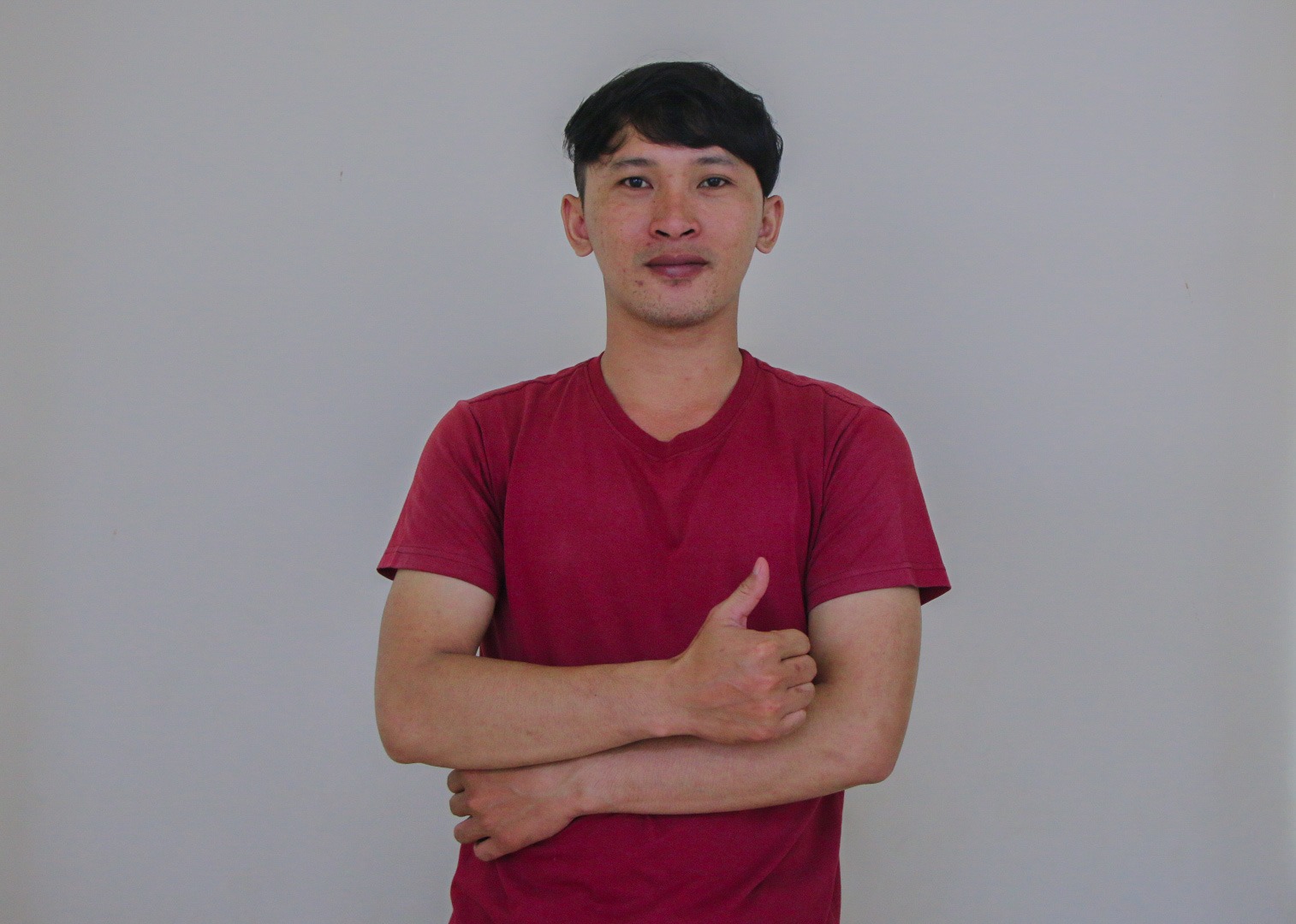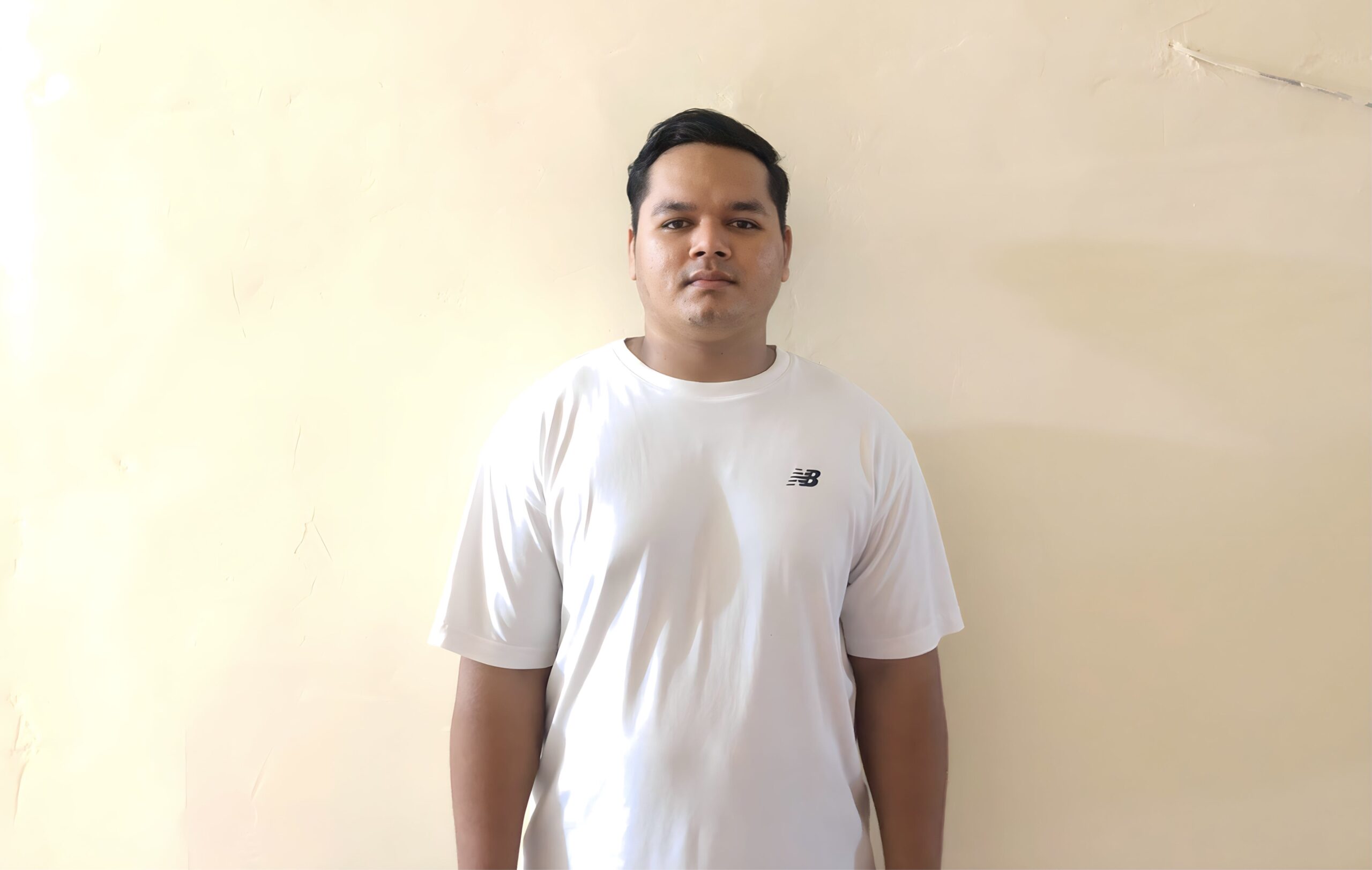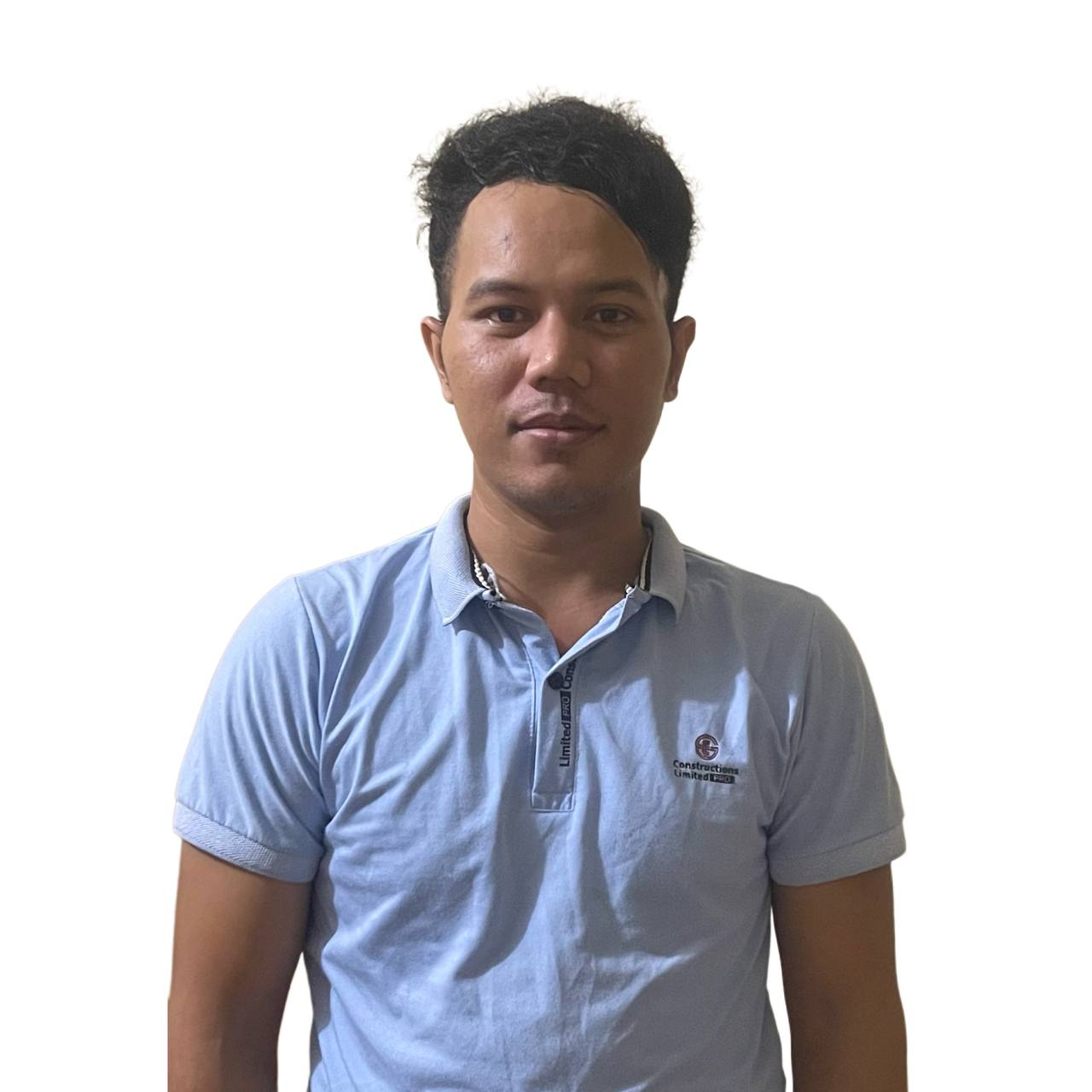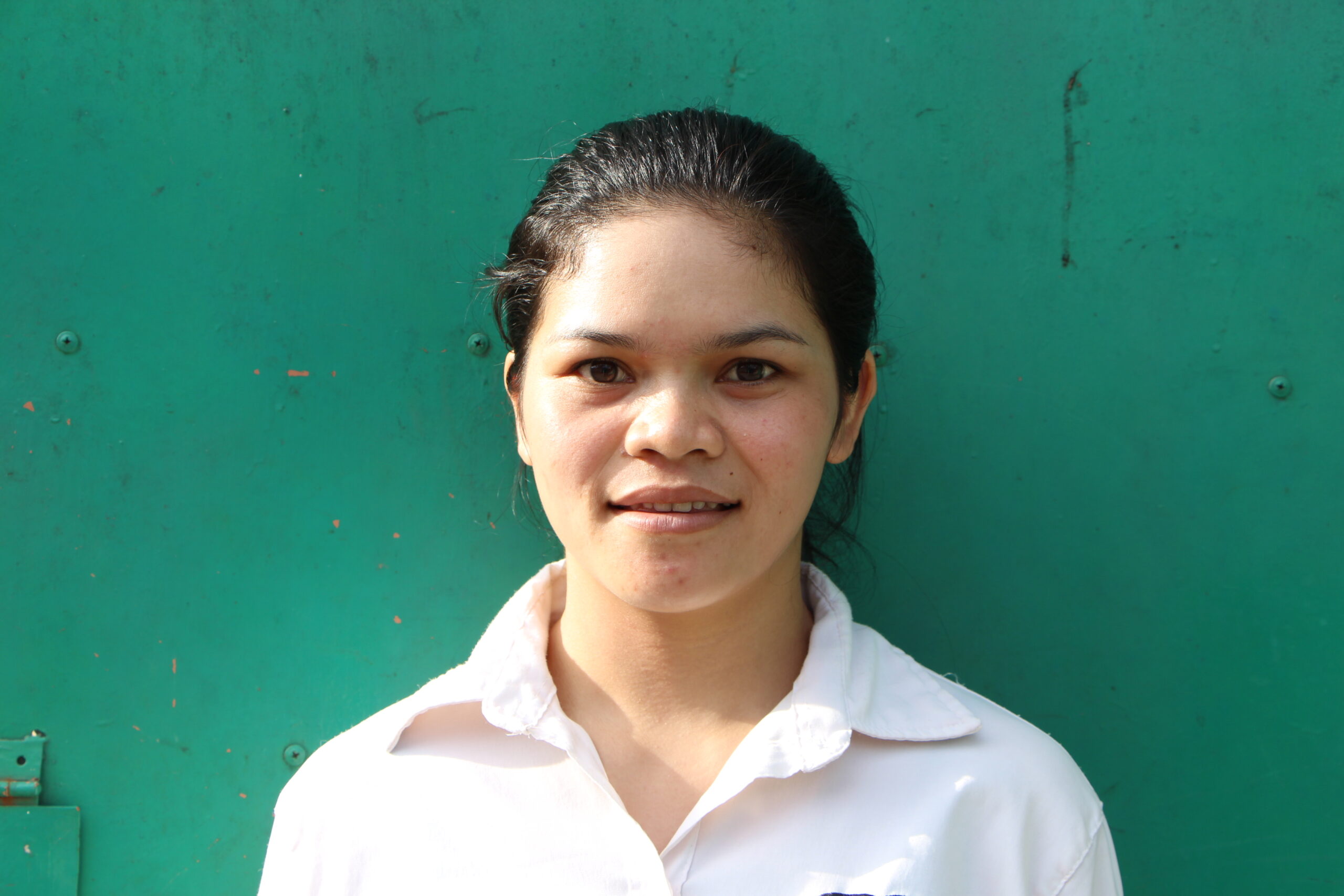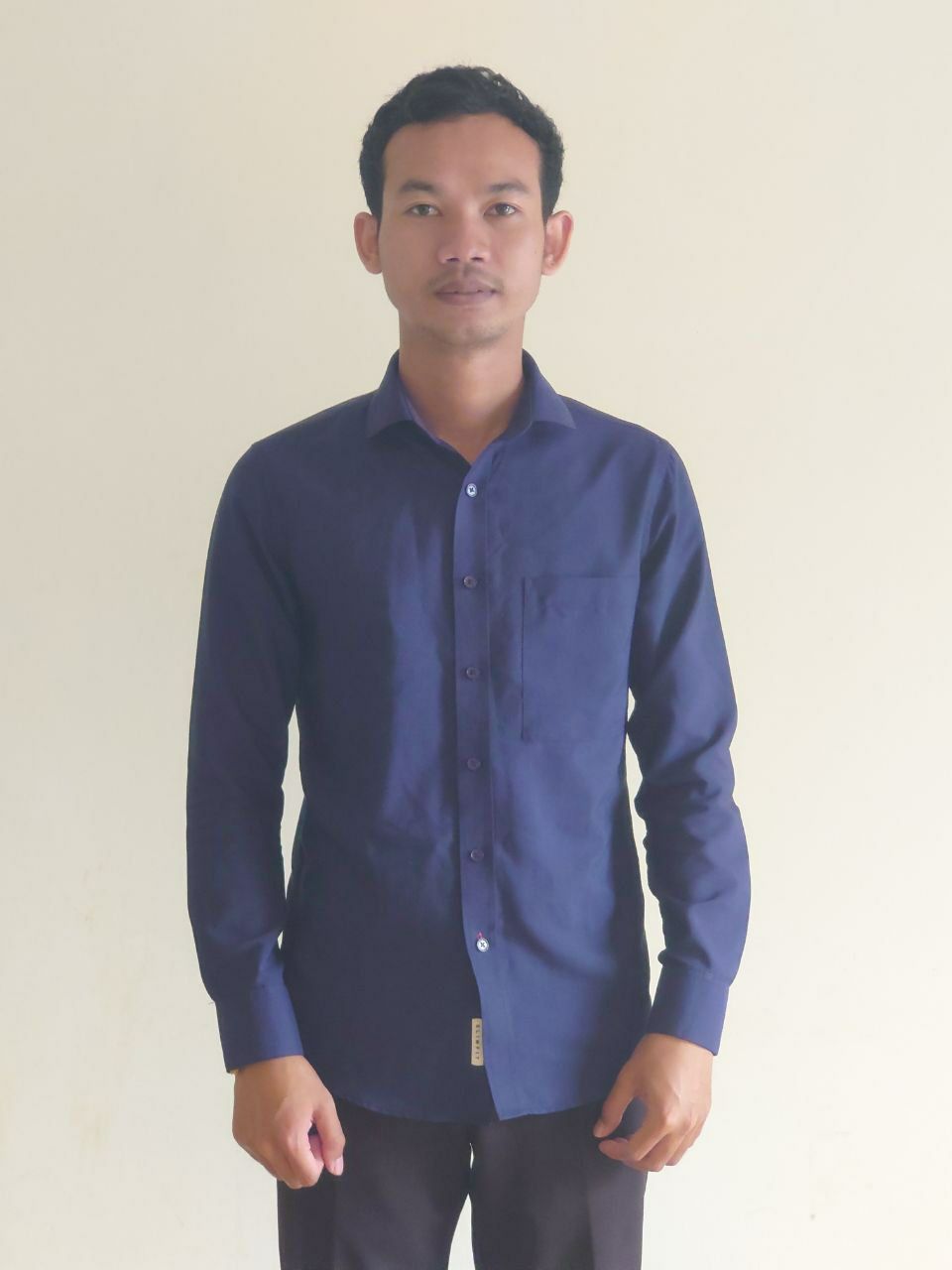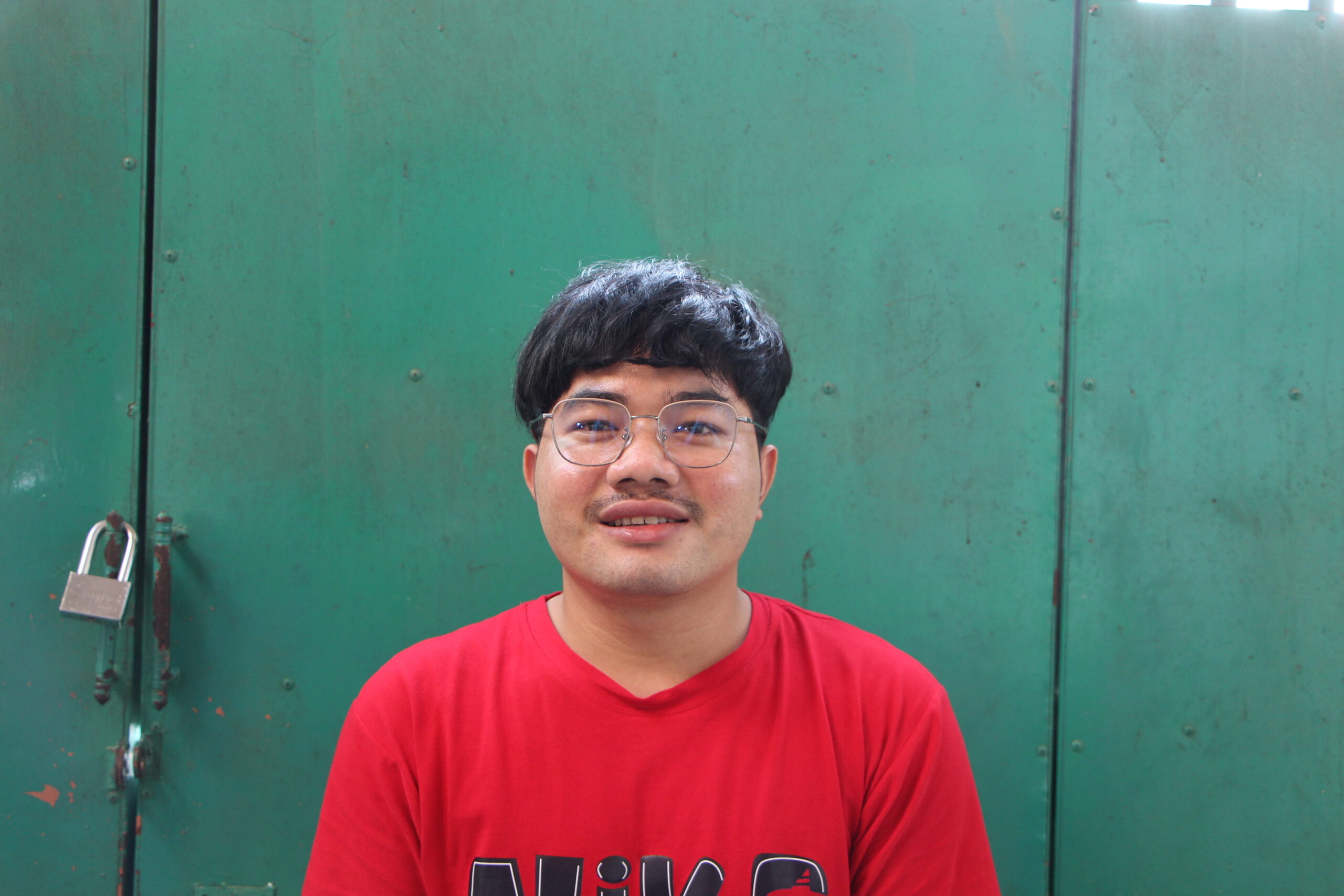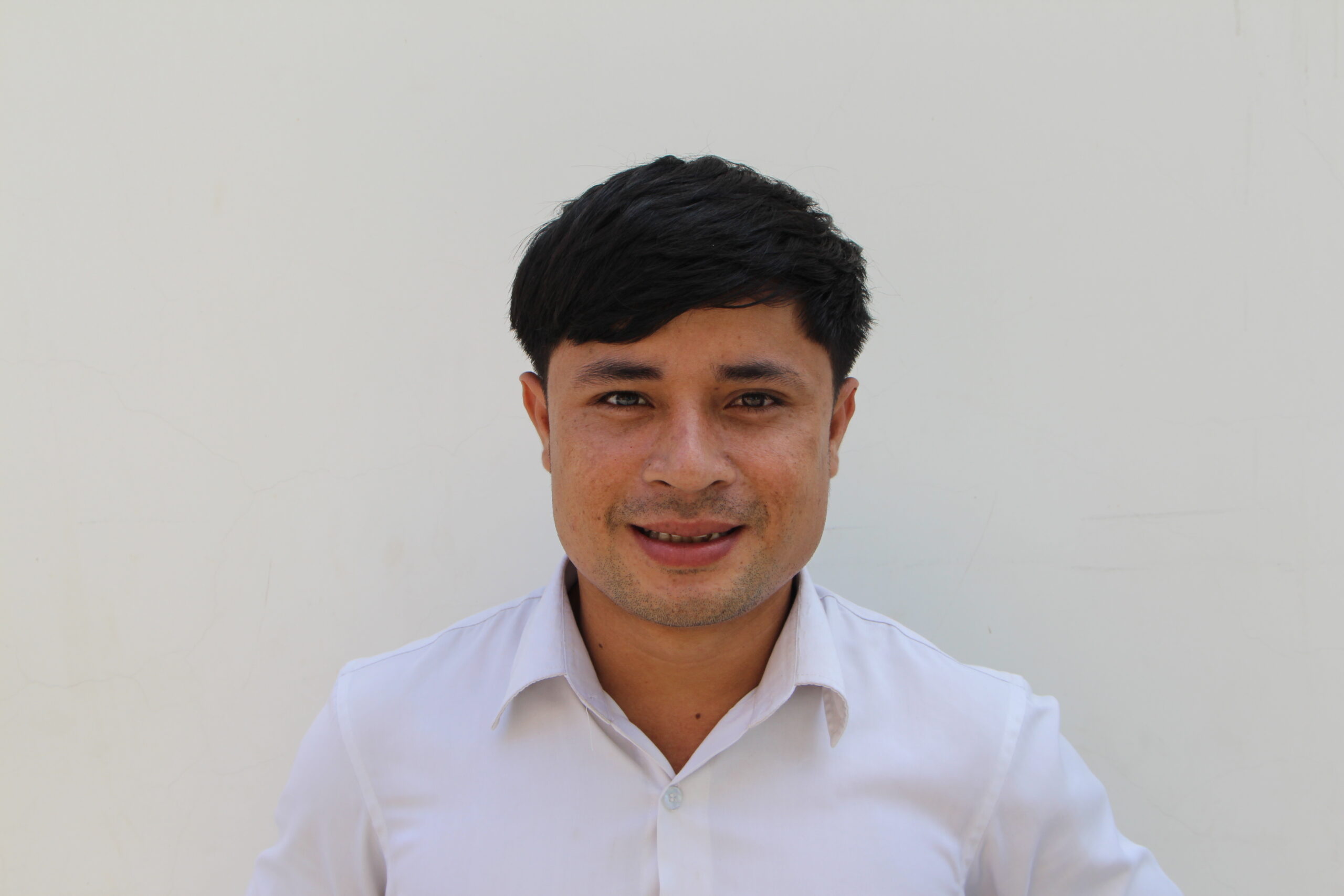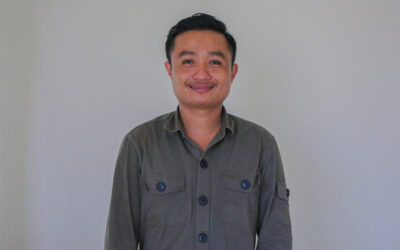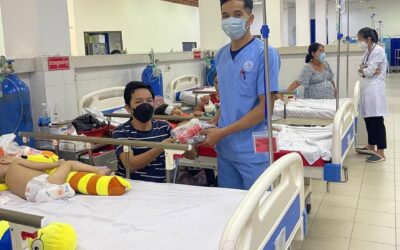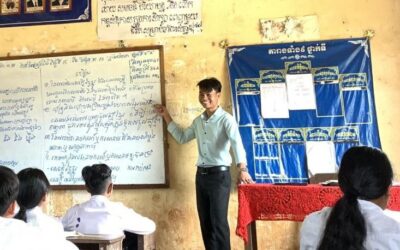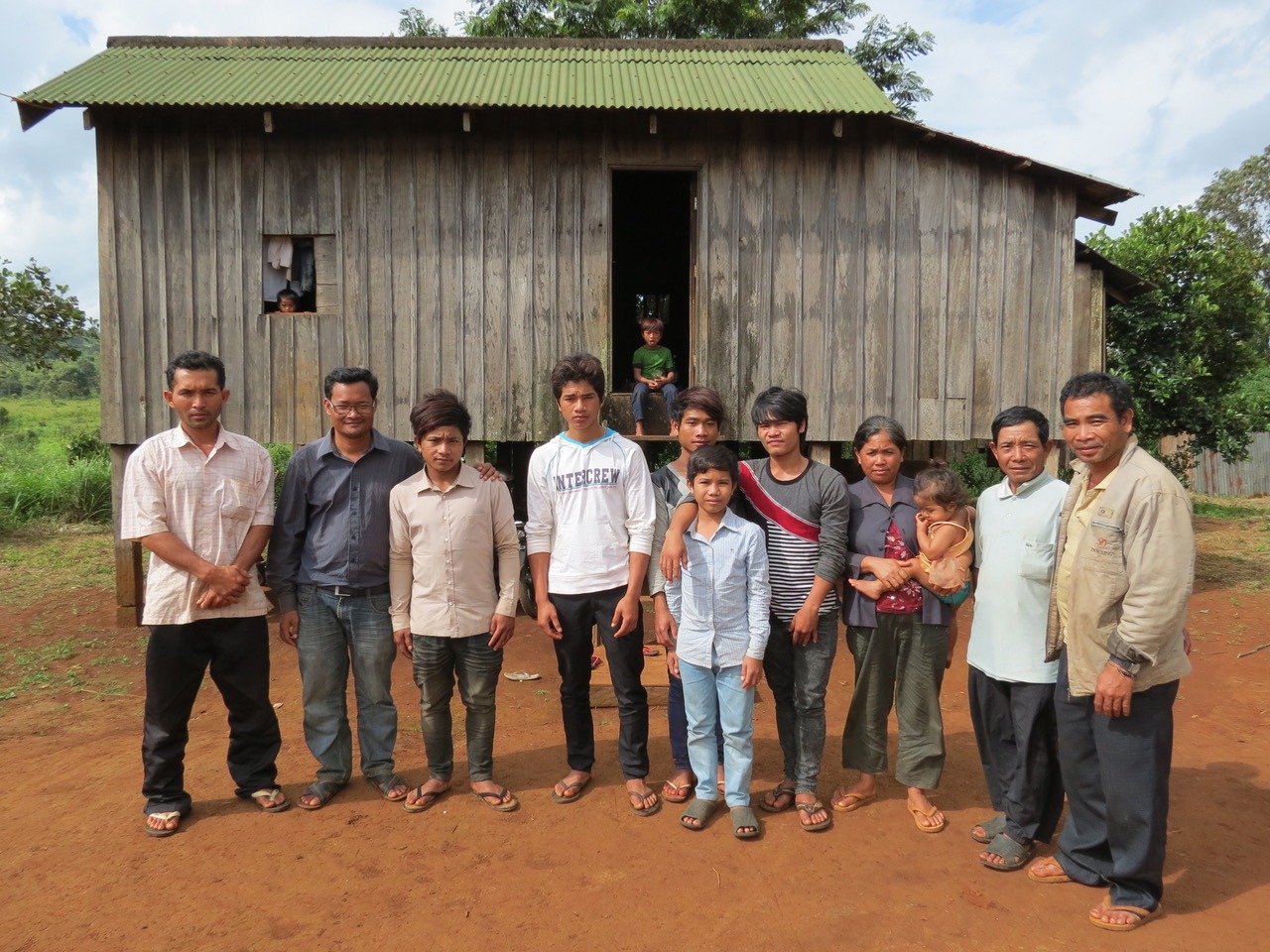Education
The access to vocational training and higher education for indigenous Bunong is very limited. BIPA is changing that by offering support to Bunong young adults. Most higher education opportunities are far away from their homes and their families can’t afford to send their children away for school. It is a big change for young Bunong, most of them have not been away from their village and struggle with the different way of life in the city.
It is important to create opportunities for younger generations in a save and supporting environment. Bunong are facing a lot of changes and need to find non-traditional employment. The Bunong care for their families and especially elders, you support your family financially and in any way possible. This also puts a lot of pressure on the younger generations to find good and stable jobs. We are here to help young Bunong.
Parents want their children to find a way out of the hardships and insecurities they face with shrinking farmland and forest resources. As one dad told his daughter: “I want my children to have knowledge, I wish them to have a good education and then a good job. I don’t want my children to become like me.”
Video about BIPA Student Dorm
What BIPA does
We know and experience the everyday life struggles of the Bunong communities.
We see what is needed and know the best way to provide help.
In 2011, BIPA established a student dorm to provide a supportive environment for 11 young Bunong in the Capital Phnom Penh. And nowadays BIPA offers up to 52 young Bunong in two houses holistic, individual counselling around studies, in the search for internships and part-time jobs and in coping with everyday life in the big city .
“I found it difficult in the city because of how many people there were. I did not know how to move. I thought it was very difficult to find my way from the dorm to the University or to other places. It’s all very messy here, very confusing. It was a big help for me that I could ask the older students in the dorm how to find my way. This was extremely important, otherwise I would have gotten lost and I would not have dared to find my way through the streets. The older students gave me hope that in the future, I could manage by myself. Since then I became a role model for the new students, now I can help them and they see that they too can learn how to find their way in this big city.” (statement of a student)
BIPA helps them to adjust to the different environment and their everyday live in a new place and away from home. We give them advice and encouragements and the advanced students support the new students.
Languages is one or the barriers for Bunong. Many Bunong families don’t speak Khmer, most of the students in this dorm were the first in their family to go to high school. And now they even have they have the opportunity to go to university! Their parents and elder siblings ecourage and support them. When facing hardships one student was told the following by his family: “In the future, it will be very difficult when you do not go to school. We only have little land left, but you can have a job.”
Many students plan to support their younger siblings in the future to get an education.
BIPA not only creates opportunities for Bunong to get a formal education but also vocational training.
We use our network of contacts and also give them the option to support BIPA to improve their skills, use what they learned in school and give back to their community.
Education expenses have always been an issue in this community where earnings are modest. Family budgets are tight given the dependency on agriculture and the ongoing disruptions caused by large-scale rubber plantations.
“Our farm is very small now and as it is divided up for my elder siblings to have their own farm, it is even getting smaller and smaller. It is very difficult. How can we live from our farm in the future?”
And it is even harder if your family does not have any existing contacts in the big city. There often are no extended family that could take the young students in.
“I am a very fast learner and I have always been very good at school. But I have no family in Phnom Penh and we have not enough resources. To study is expensive, and city life is expensive. A place to stay, transport, food, the student fees, books… it’s all very expensive. I was afraid that I could not succeed to study and follow my dream. But thanks to the dorm, it was possible. I also found friends here, we discuss our problems, we meet and find solutions. They all face similar problems.”
With the help of BIPA there are currently:
students living in the student dorm
of the students are girls
different villages of the Mondulkiri Province have Students living in the dorm
So far BIPA has helped:
students to get Universities degree
students to benefit from the Student Dorm program
We proudly present our graduates since 2021:
Our success stories
Interview with Chhai Sarith
Interview with Chhai Sarith, 26 years old, from Pou Houng village, Chong Plas commune, Kaev Seima District, Mondulkiri Province.
Interview with Mlonh Savuth
Interview with Ploy Savuth, 25 years old, from Pu Trom village, Romnea Commune, Senmonorom District, Mondulkiri
Interview with Tre Lin
Interview with Tre Lin a former Student who stayed at the BIPA Student Dorm.
Our future plans
What are BIPA’s next projects, they want to set up. What are the next goals which they want to reach.

Improve educational services in Bou Sra
The educational gap between Khmer and Bunong children already starts in the grades 1 to 6. BIPA sees a need to improve educational services in Bou Sra to ensure equal access for Bunong children, from early childhood on and include more children in primary education. To make this possible, we need to reduce costs and organizational barriers to schooling. There is also the factor of Bunong families moving further away from school services to care for and protect the little land that they still have left. Their young children accompany their parents and have to look after the animals. The school is to far away to commute daily, so they either drop out or cannot never even enter the formal school system.
Other families leave their children in the villages where they can attend the school, however, the children are quite unattended.
There are two local organization which started to adress this problem, but one project will end soon and the other doesn’t have enough room to help a large number of children.
We want to expand these educational services. We see a need to include younger children (from 3 years on) and provide them with day-care and kindergarden. We want to make it possible that even more children can profit from before- and after-school care where Bunong speaking teachers help them with their homework in Khmer (as already provided to a limited number of children). We would like to provide evening school for children who have to work in the fields during the day with their parents.
Past activities
BIPA’s first Student Home was set up in 2009 in order for Bunong students to get secondary and high school education in the provincial capital of Sen Monorom. There were between 13 and 17 students living there.
The first house didn’t even have electricity or a toilet but after a while we were able to build a well, a toilet and install electricity. We also set up a vegetable garden to enhance students’ food.



